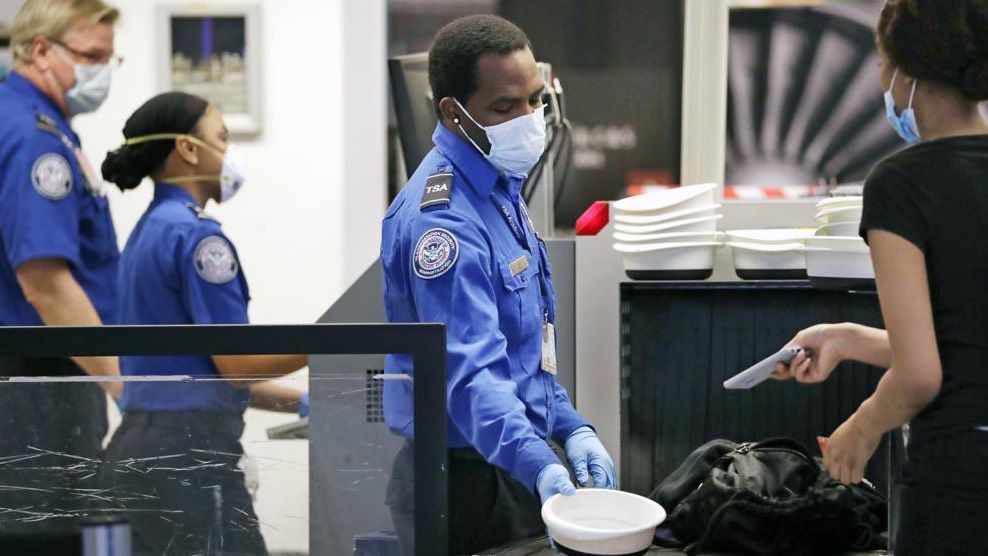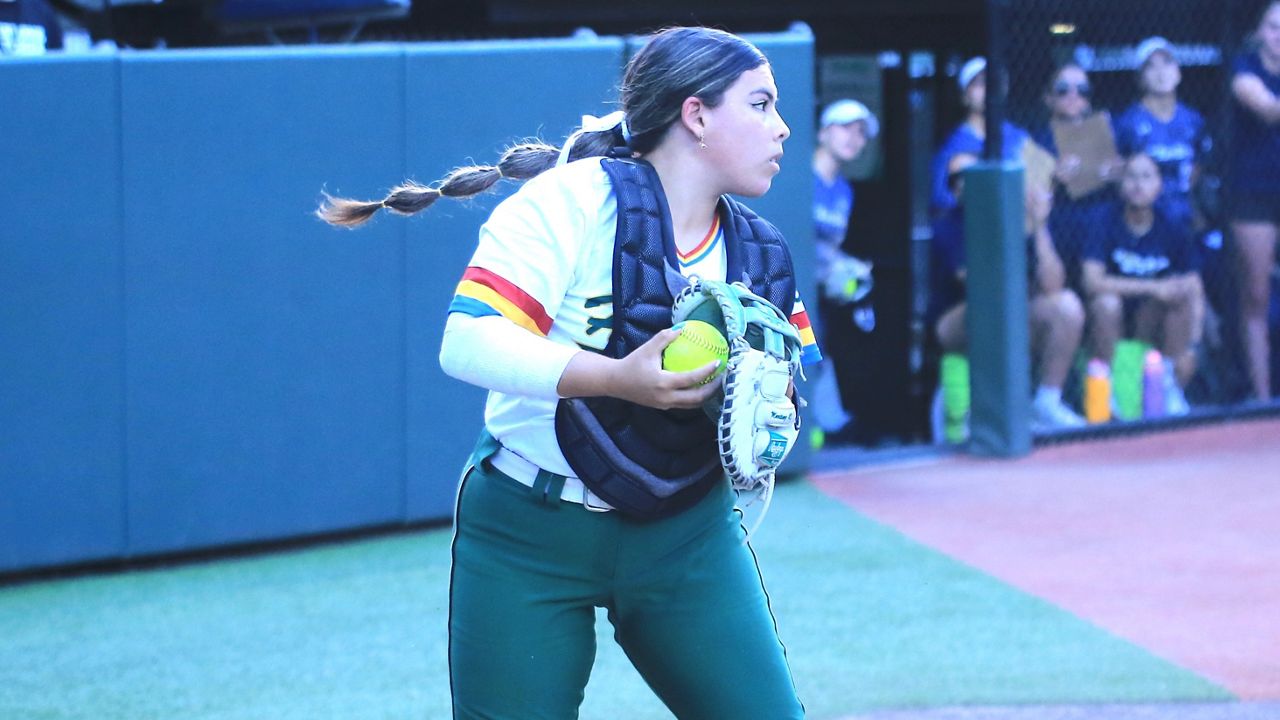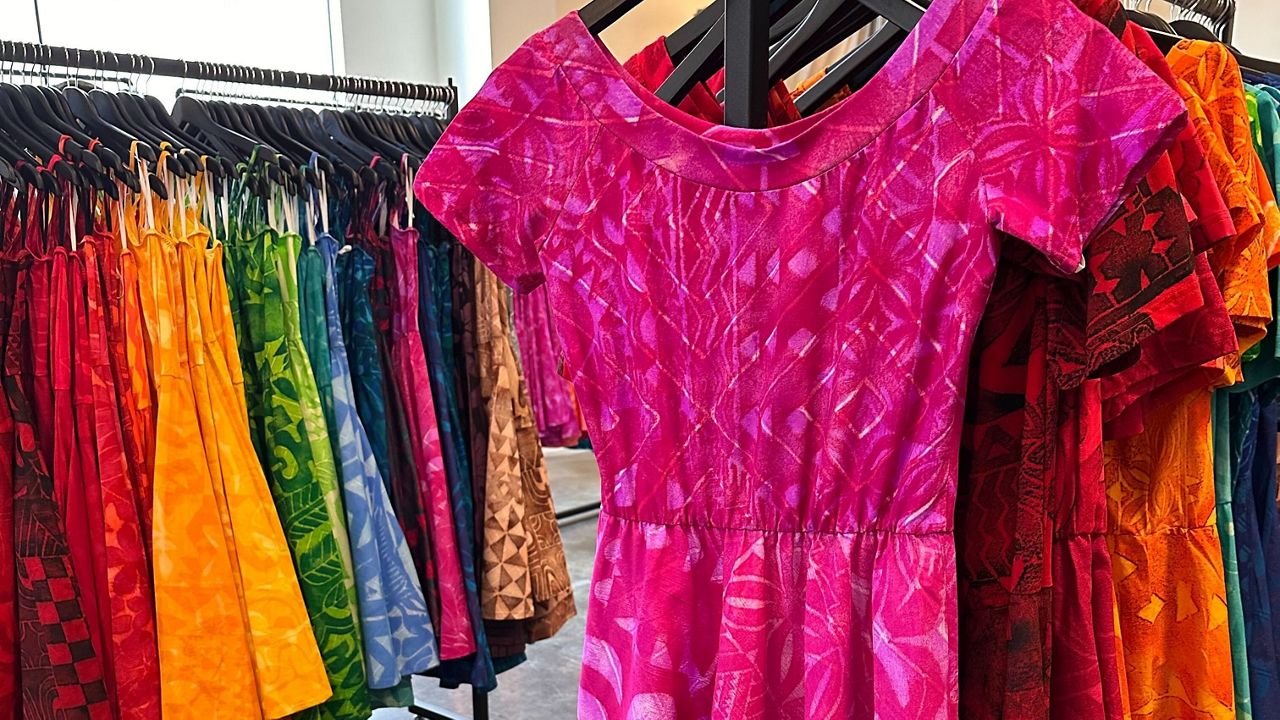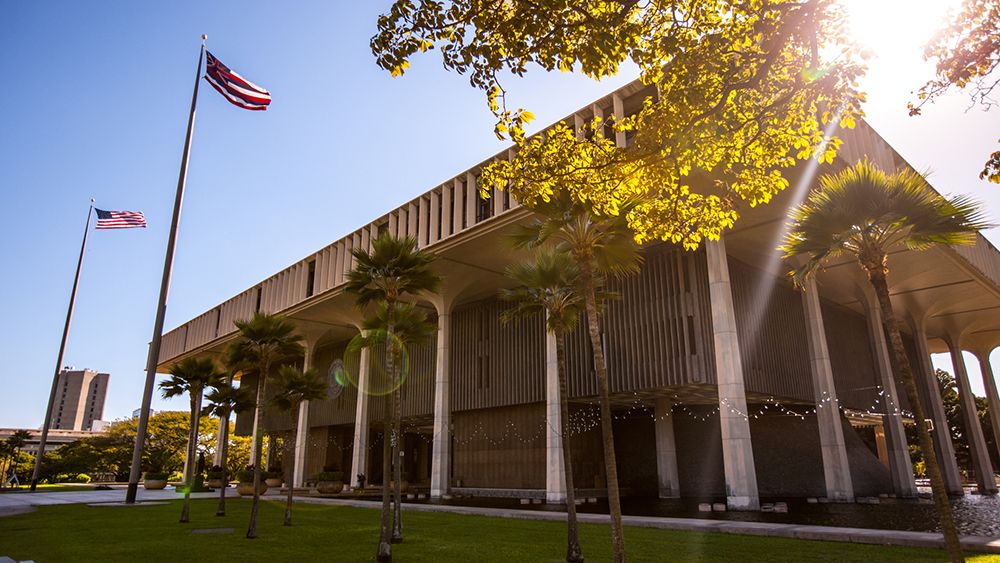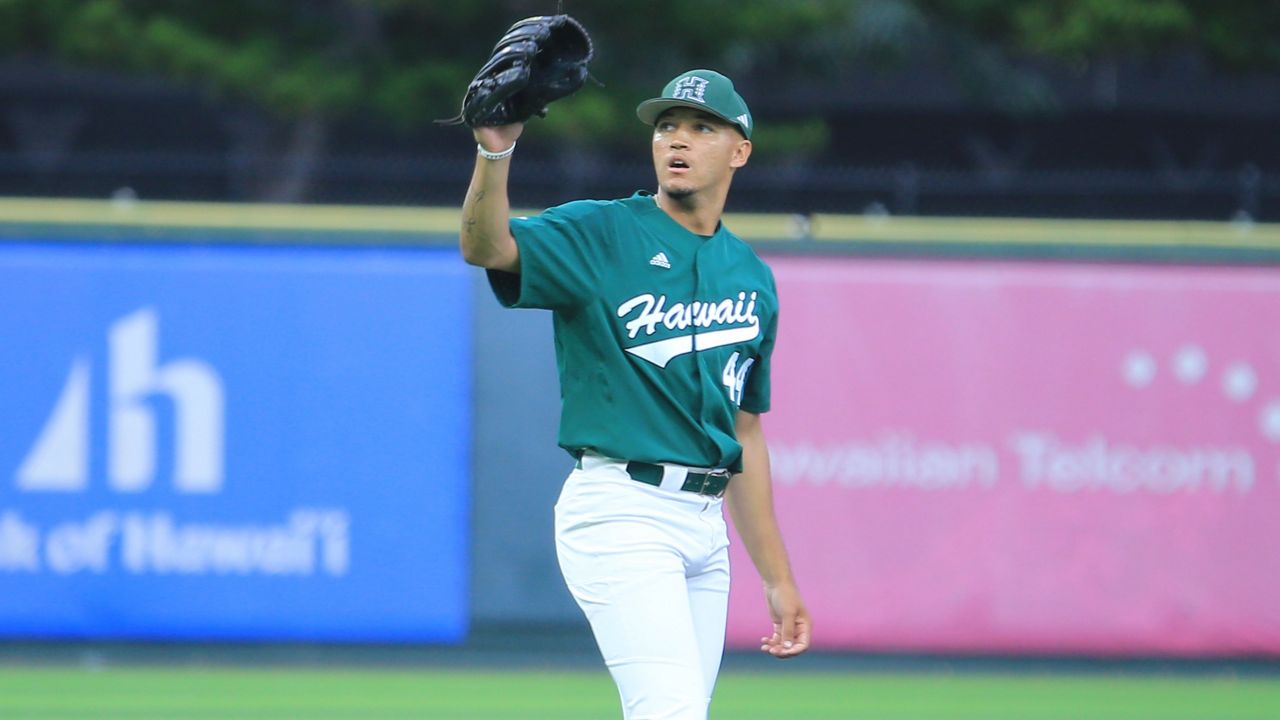U.S. Sens. Mazie Hirono, D-Hawaii, and Tammy Duckworth, D-Ill., are calling on the Transportation Security Administration to address what they say is an inconsistent application of the federal rule exempting baby formula, breastmilk and accessories related to their storage from being confiscated or destroyed at TSA safety checkpoints.
The 3-1-1 Liquids Rule Exemption permits travelers to bring formula or breastmilk in quantities greater than the 3.4-ounce limit for other types of liquid in carry-on baggage, as well as ice packs, freezer packs, frozen gels and other accessories necessary to keep the formula or milk from spoiling. However, as the senators noted in a letter to TSA administrator David Pekoske, a lack of clarity about the rule has resulted in numerous complaints of TSA officials harassing lactating mothers, disposing of saved breastmilk and destroying breastfeeding equipment.
“In several reported cases, individuals were forced to dispose of breast milk, cooling accessories, or both in order to board their flights, others were harassed and humiliated, had expensive breast pumps destroyed, and even forced to undress,” wrote the lawmakers. “We need to understand why TSA’s policies are not being implemented properly, ensure that policies are clear and women can travel safely without fear of harassment, and provide parents access to remedies for mistreatment.”
The letter, co-signed by 12 other senators, asked for clarification of the policy and requested an outline of TSA’s efforts to increase awareness about the screening processes and procedures, investigate reports of mishandled screening processes, and provide training and resources to help agents consistently enforce policies.
The lawmakers cited the example of a female passenger who was traveling with a cooler of pumped breast milk in her carry-on luggage. TSA officials called a bomb squad to inspect the milk. The 45-minute ordeal included a full pat-down of the passenger and the disassembly of her breast pump. The passenger missed her flight and later discovered that her pump was no longer operable.
The letter further emphasized the consequences to passengers and their children when policies are not properly implemented.
“Delayed pumping leads to painful swelling of the breasts that can become engorged, which can lead to plugged milk ducts,” the letter stated. “This can lead to mastitis, a bacterial breast infection and even a breast abscess, which often requires hospitalization and intravenous antibiotics.”
The senators requested that TSA respond to their questions by July 6.
Last month, Rep. Carolyn Maloney, D-N.Y., also sent a letter to Pekoske asking him to direct TSA to investigate an incident in which a breastfeeding mother was not allowed to bring ice packs needed to keep her pumped breast milk cool through a security checkpoint. The incident was shared on Twitter, leading to hundreds of women posting similar stories. A subsequent TSA investigation led to the agency acknowledging that what happened to the passenger did not meet its standards.
Michael Tsai covers local and state politics for Spectrum News Hawaii.





